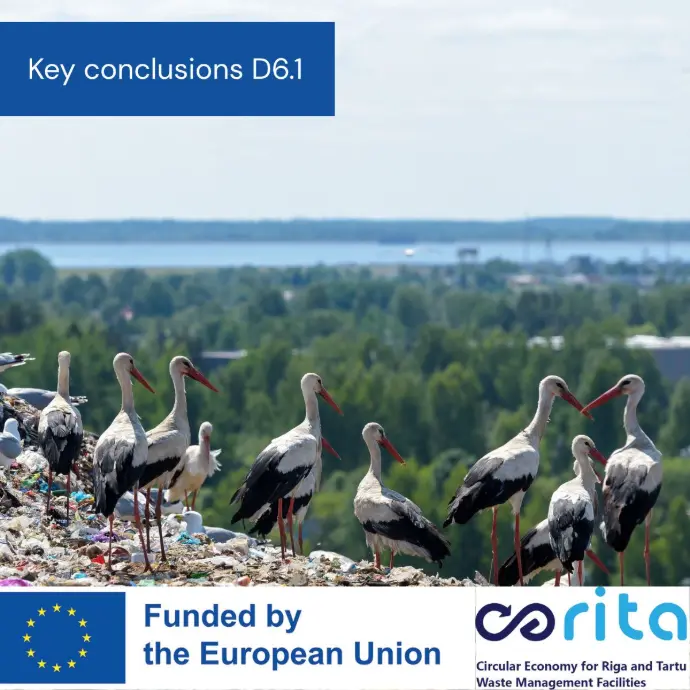The CERITA report D6.1 focused on evaluating the potential of producing synthetic fuels from waste and using waste-derived materials for energy storage. The study explored a range of technologies for hydrogen storage, comparing feasibility and innovation readiness across the Baltic region.
Key findings:
- Latvia and Estonia both showed strengths and limitations in terms of infrastructure and technology readiness.
- Clear potential was identified for regional cooperation in advancing hydrogen-based energy solutions.
-
The report underlined the need for policy support, especially through:
- Clear and consistent regulatory frameworks,
- Financial incentives to drive innovation and commercial adoption.
As the EU pushes toward decarbonization and energy resilience, findings from D6.1 highlight the value of turning waste into opportunity—literally.
Document: CERITA Deliverable D6.1
Focus Areas: Synthetic fuels, hydrogen storage, waste-to-energy innovation

This initiative is part of the EU-funded CERITA project supporting sustainable innovation in Riga, Tartu, and beyond.